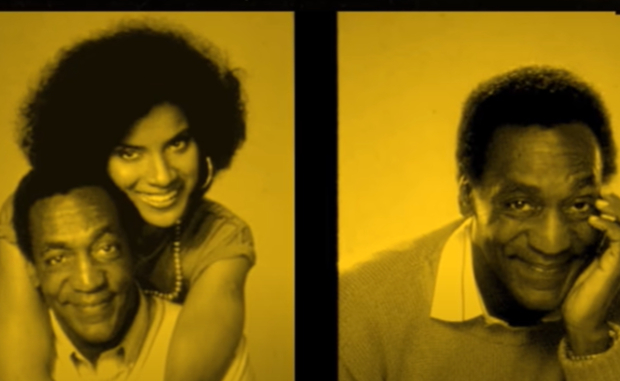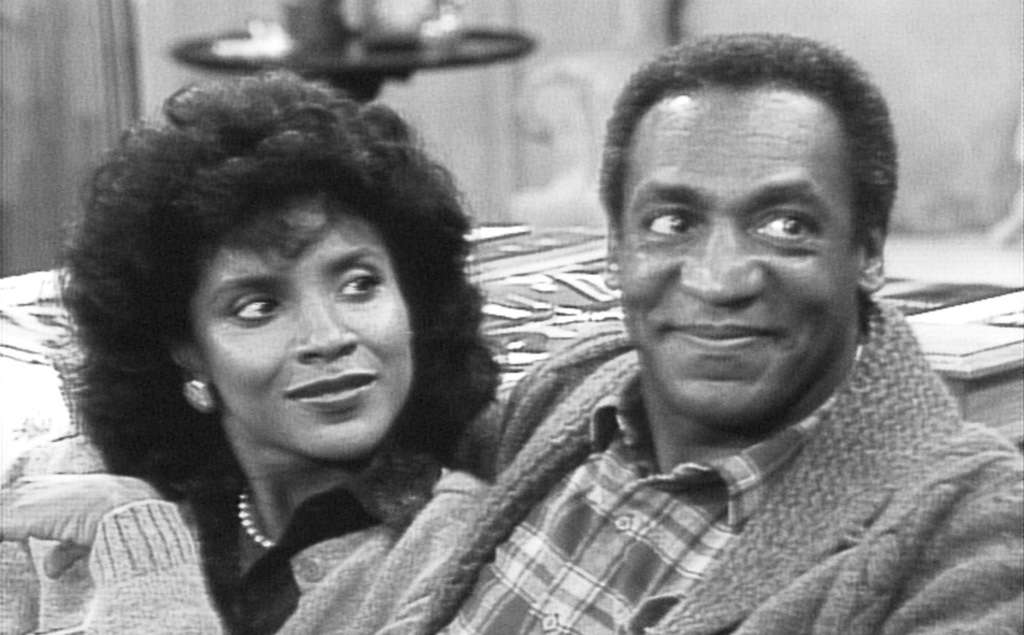
In the world of television, few figures have been as influential as Bill Cosby.
His groundbreaking show, “The Cosby Show,” not only entertained millions but also redefined how black families were portrayed on screen. However, the legacy of Bill Cosby has been irrevocably tainted by his fall from grace. This complex legacy is the focus of W. Kamau Bell’s powerful Showtime documentary series, “We Need to Talk About Cosby.”
W. Kamau Bell, a comedian and documentarian known for his insightful and often provocative work, takes on the monumental task of dissecting Cosby’s impact—both positive and negative. In his preview of the series, Bell emphasizes that the documentary is not merely a recounting of Cosby’s criminal acts but an exploration of the broader implications of his story.
The documentary goes beyond the sensational headlines and delves into the duality of Cosby’s legacy. On one hand, there was the beloved television icon who brought a fresh and dignified portrayal of a black family to mainstream audiences. On the other, there’s the convicted criminal whose actions cast a long shadow over his achievements. Bell’s series aims to unravel these threads and present a more nuanced view of Cosby’s impact on both entertainment and society.
Bell’s approach is both ambitious and deeply thoughtful. He recognizes that while Cosby’s crimes are undeniably significant, they are part of a larger conversation about power, privilege, and the ways in which we grapple with the flawed nature of our heroes. By focusing on the broader context, Bell challenges viewers to engage with the complexities of Cosby’s story rather than relegating it to a simple narrative of downfall.
In the documentary, Bell also addresses how Cosby’s rise and fall reflect broader societal issues. He probes into the systemic structures that allowed Cosby’s behavior to remain hidden for so long, and examines how this situation intersects with issues of race, gender, and power dynamics in the entertainment industry. This multidimensional analysis seeks to foster a deeper understanding of how such a high-profile case affects public perception and societal norms.
“We Need to Talk About Cosby” is not just a look at a fallen legend; it’s a crucial examination of the cultural and systemic factors that allowed such a situation to develop. Bell’s documentary aims to spark conversation and reflection about the nature of fame, accountability, and the complex ways in which we reconcile admiration with reality.
As viewers prepare for the release of this compelling series, Bell’s work promises to challenge and expand the discourse surrounding Cosby’s legacy. It is a reminder that understanding such a multifaceted issue requires more than just recounting events—it demands a critical and reflective look at the broader implications for society.

